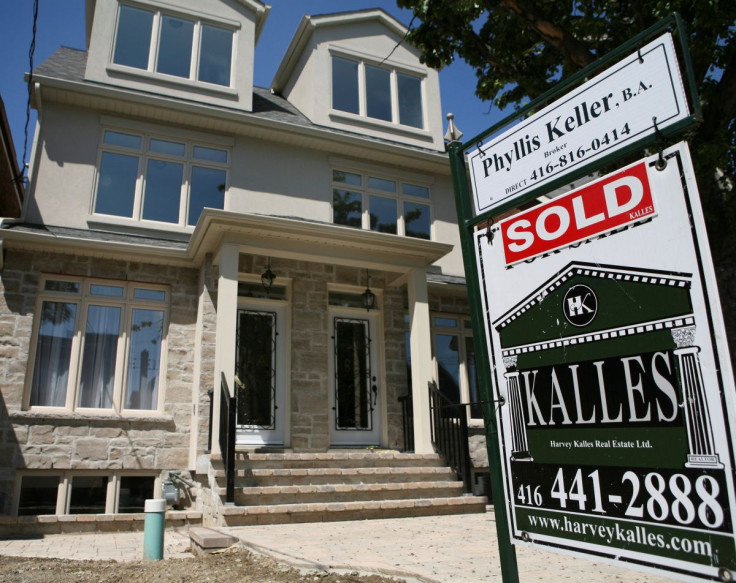Black Women Leading The Charge In Homeownership
In the evolving landscape of homeownership, a major trend is emerging: Black women are leading the charge in purchasing homes, outpacing Black men and even their counterparts from other racial backgrounds. According to the 2023 Snapshot of Race and Home Buying in America report by the National Association of Realtors, single female homebuyers are most prevalent among Black women, comprising 27% of Black homebuyers. This exceeds the figures for other racial groups, with single women representing 24% of Asian homebuyers, 17% of white buyers, and 7% of Hispanic buyers.

The surge of Black female homebuyers is a steadily growing trend. A 2022 data analysis by Realtor.com disclosed that female buyers accounted for 32.4% of all Black homebuyers between October 2017 and September 2018, a figure that increased to 35.4% from October 2020 to September 2021. More importantly, the share of Black female homebuyers had an average annual growth rate of 7.3% from October 2018 to January 2020, surpassing the 3.4% growth rate observed among Black male buyers during the same period.
However, behind these extraordinary statistics lie a myriad of challenges that Black women face on their journey to homeownership. "There are instances where Black people are buying homes, Black women are buying homes. That doesn't mean that it's easy for them and that doesn't mean that it's not being made unnecessarily difficult by certain societal hurdles that stand in the way, that should not exist," stated Jacob Channel, a senior economist at LendingTree.
The burden of education debt is the top one among these hurdles . While Black women are increasingly pursuing higher education, they also have student loan averaging $41,466.05 annually after graduation, according to Bankrate. This huge financial obligation can restrict their ability to save for a down payment and even qualify for mortgages, as lenders take student loan payments into account when assessing affordability.
Moreover, access to mortgages is another obstacle for Black women seeking homeownership. Lending standards have tightened since the early 2000s, making it more difficult for single Black women to afford mortgages. A report by the National Women's Law Center revealed that single Black women were less likely to be homeowners in 2021 compared to 2007. Furthermore, during the Great Recession, Black women were disproportionately impacted by high-cost mortgages and foreclosures, with a staggering 256% higher likelihood of having a subprime mortgage compared to white male borrowers in similar economic circumstances.
Additionally, Black women often find themselves employed in low-wage jobs, such as childcare and hospitality work, further intensifying their struggle to achieve homeownership. Despite the important role these jobs play in the economy, they are undervalued, leading to meager wages. For instance, the median hourly wage for a childcare worker in 2022 was just $13.71 per hour, making it challenging to save for a down payment on a home.
Despite these daunting challenges, Black women continue to defy the odds and pursue their dreams of homeownership. Their resilience and determination signify the need for systemic changes to address the structural barriers they face. From handling education debt to promoting fair lending practices and advocating for better wages in low-wage sectors, there is a collective imperative to ensure a more equitable path to homeownership for Black women and indeed all marginalized communities.
© Copyright IBTimes 2024. All rights reserved.






















